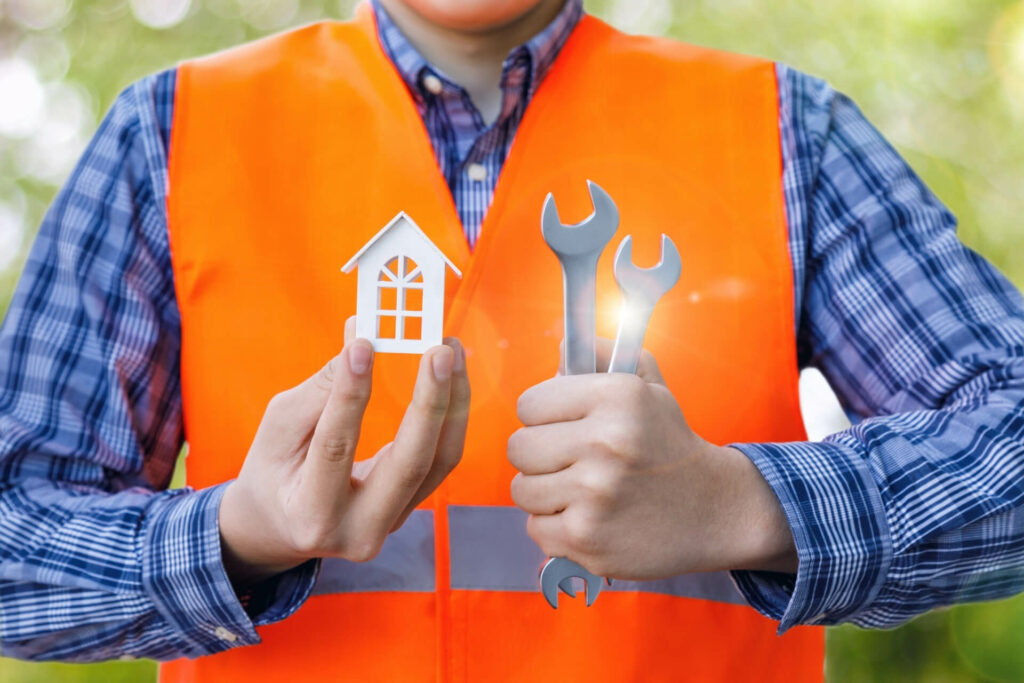Are Home Warranties a Good Option for Investors

Home warranties are frequently misunderstood because they are often confused with insurance policies. Warranties are a service contract designed to cover certain types of repairs, but usually reserved for items such as major kitchen appliances, along with electric, plumbing, and HVAC systems. These policies do not cover most problems that insurance policies cover.
Home warranty companies promote their products to cover unexpected breakages. Many rental property owners often question whether a home warranty is worth the expense. While, in some cases, these might be worth the investment, if you own a rental home, they might not be the best option. Here is why.
Extra Costs
Home Warranties have basic items the company will cover, but certain types of properties will incur extra costs. For instance, brand new homes, spaces more than 5,000 square feet, and separate structures on the property are not usually covered in a basic home warranty policy. Additionally, even if your property aligns with the criteria to be eligible for a basic policy, if you call for service, you will be charged anywhere from $75 to $125 for an assessment from a technician.
Not Guaranteed Coverage
If a problem is discovered, resolution may involve multiple contractors, which can incur additional assessment costs. Furthermore, exclusions are common – there is no guarantee a warranty will cover certain problems and you will pay for the repairs. Before investing in a home warranty, it is important to read every line of the contract in detail to know what will – and will not – be covered. Also, check to see if there are any limitations. Many warranty companies will cap how much they will pay out per year for repairs.
Responsiveness Is Not Always Timely
One of the most significant drawbacks of home warranties is companies do not always respond to calls in a timely fashion. As a result, your tenants may suffer if the HVAC system breaks, or they have no water. If they experience too many problems, it’s possible to lose tenants. Not to mention, you’ll have to restart the advertising and vetting process to find new ones, which is also more costly than retaining great long-term tenants.
Poor Maintenance Leads to Denials
Home warranties will not generally cover any poorly maintained components. In other words, if your tenant is responsible for cleaning/maintaining certain components (e.g. appliances or having the HVAC system serviced every year) of the home or apartment and they don’t fulfill their end of the bargain and breakages occur, the home warranty company may deny the claim. Or, if your property is older, some warranty companies will try to use the “poorly maintained” reasoning as a basis to deny the claim. If you do buy a warranty, keep careful track of all maintenance records.
No Say in Replacements
If a home warranty company deems an appliance or other home component needs replacing, they make the decision. You most likely will not have a say about what brand or model is purchased as a replacement. It is an important consideration if you want to take the chance of replacing quality installations with lower-grade ones.
An investment owner must carefully weigh out whether home warranties are worth it. While they could save money, they also carry risks.
- Always check a company’s reputation with the Better Business Bureau (BBB).
- Carefully read all components of a policy.
- Ask relevant questions.
- Double-check the dollar amounts covered.
You may find one repair might wipe out your allotment for the year and make the purchase of a home warranty cost prohibitive. In that respect, you are better off creating a repair fund and putting aside money to cover repairs and breakages. You will also have control over the repairs and what contractors are used.
At Blue Roof Property Management we are set up to work with a couple of home warranty companies. If your current Management company will not do so, give us a call, we can help.
